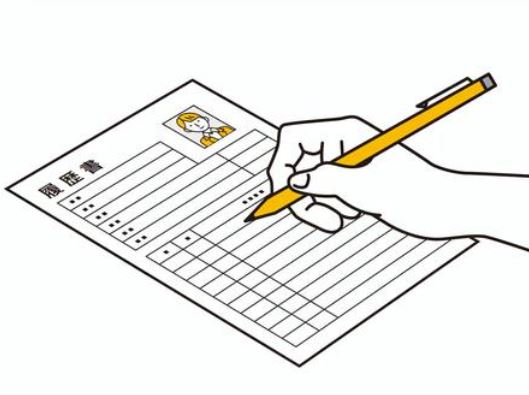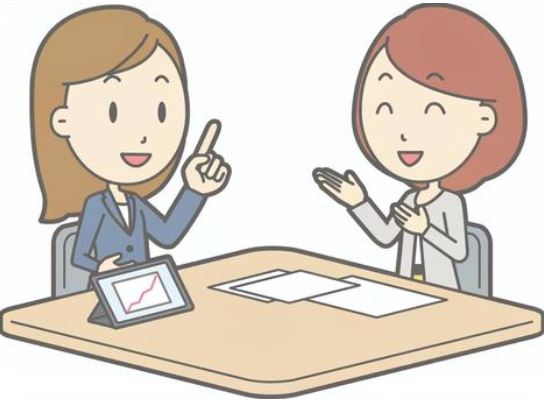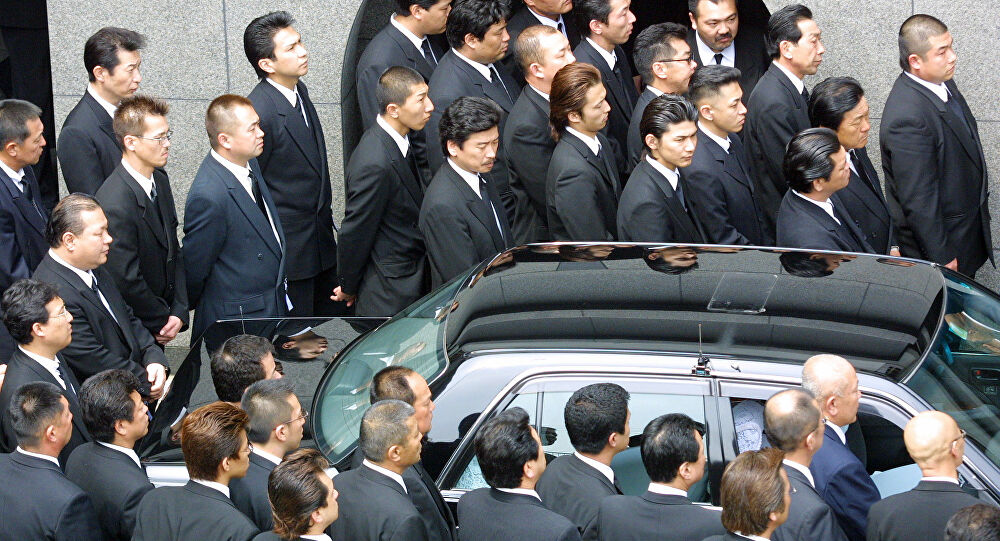Recent Trends in Job Interviews in Japan (2): "Competency Interview" and "Presentation Interview"
CONTENTS
What is a competency interview?
The competency interview is a method of interviewing to determine a person's (interviewee's) qualifications, ability to perform the job, and to identify behavioral characteristics. It is often used in interviews, especially for younger, less experienced candidates. This is also important for foreigners who want to work in Japan, because this interview technique is originally from overseas and is commonly used by foreign companies in Japan.

The interviewer asks a series of questions about the candidate's past efforts and asks for specific details. In this way, the candidate's "motivation for action," "way of thinking," and "practical ability" are brought to the surface. If there is no inconsistency in the series of explanations given by the candidate (e.g., specific and plausible problem-solving process), and if it is felt that the skills possessed by the candidate can be replicated in the company, the candidate will be evaluated as having a "high competency level," i.e., "qualified" and "capable of performing the job."
Another characteristic of this interview method is that it is easy to understand the candidate's true abilities, as it is easy to find out if the candidate is trying to lie or exaggerate in response to the questions, but the rags are easily revealed after repeated questioning. Younger employees, in particular, do not have many opportunities to take the initiative in their work, and they tend to exaggerate the results achieved by the team not individually. This is one of the reasons why the competency interview is said to be effective in interviewing young people. If you have experience in proactively contributing to the achievement of results, you will be able to answer this question without contradiction.
There are five levels of evaluation criteria.
Level 1: Passive Behavior You waited for someone to tell you what to do and then did exactly what you were told. Or, you were forced into a situation where you had to do it, so you had no choice but to do it. These are ad hoc behaviors that do not show any sense of initiative or consistency of any thought.
Level 2: Normal behavior The level at which you can perform the behavior that "anyone would do in this situation" when you should. This is a level of normal behavior where you can perform the minimum necessary actions, but no original intentions can be seen.
Level 3: Active and Proactive Behavior This is the level of behavior in which you are able to choose the best solution out of multiple solutions and implement it on your own initiative in a certain situation. You are able to think about what to do in order to achieve better results within a set of rules. You have your own intentions and judgment criteria behind the actions you take.
Level 4: Creativity and Problem Solving This level is one step up from judgment based on the situation, and allows you to come up with original ideas and improve the situation.
Level 5: Paradigm-shifting behavior You are able to come up with ideas that change preconceived notions from a fresh perspective and create new, more desirable situations. You can expect to create value from scratch.
In order to achieve results in the business world, Level 3 is a benchmark. At Level 4 or 5, you are an excellent person who can bring about change in your company's situation and create new value. Try your best to get a rating of 4 or 5.
What is a presentation interview?

A presentation interview is an interview in which the candidate is asked to give a presentation in front of the interviewer on a specific topic, and the content and behavior of the presentation are comprehensively evaluated. In a typical interview, the interviewer takes the initiative and conducts a question and answer session. However, with the recent increase in the number of interview preparation by candidates and how-to-books, there are still many candidates who follow the manual answers. Companies are now looking for new interview methods to find out the real candidate.
The format of the presentation is free. This means that candidates have to devise their own presentation. This makes it difficult to adequately respond to question-and-answer based interviewing, and the candidate's real abilities are likely to be exposed. The advantage of the interview is that interviewers have to speak independently for a longer period of time than in a regular interview, so interviewers can more deeply assess the personality, logical thinking and expressive ability of the candidate.
Focusing on logical thinking, expression and planning skills
In the presentation interview, the following factors are focused on:
・Logical thinking: Is the content of the presentation logically consistent, objective, and concrete?
・Are you able to convey a sense of stability and reliability in the way you speak, such as your voice, speaking speed, eye contact, and body language? Are you aware of what you are trying to convey to the other person?
・Do you have any new ideas or insights in your proposal? Are there any new ideas or insights in the proposal, or is it something that can be practically implemented in the company?
Common themes include "self-promotion and introduction," "what you have learned from your past work experience," and "what I want to challenge in this company. If you are being hired for a position that requires a lot of presentation, such as planning or proposal sales, you may want to use a case study of that position as your theme. For example, if you are hired for a position that requires a lot of presentations, such as planning or proposal sales, the theme may be a case study of that position. The time allotted for the presentation varies from 3 to 10 minutes. After the presentation, you will have about 15 minutes to answer the interviewer's questions.
However, don't get too caught up in how good or bad you present. What is important is "the content." The purpose of a presentation is to convey information in an easy-to-understand manner within a limited time, to make people understand and to motivate them. Please note that your evaluation will not be determined by your presentation skills alone.
Examples of Presentation Interviews (1)
Task for the candidates: Of all the abilities you have acquired through your work experience, what is your greatest selling point? Please give a specific presentation on this ability from the following two perspectives: "How have you developed this ability in your work experience?" and "How can you apply this ability to the policies of this company?"
This is one of the orthodox themes to make the candidate's ability to be a point of discernment be tied to the company's policies (management policy, sales policy, etc.). The key points are whether the candidate's abilities are explained, whether the measures connected to the abilities are logically and easily related (logical thinking ability), and whether the content of the presentation is specific and easily understood (expressiveness, planning ability, and humanity).
It is important to note that even if a candidate gives a presentation on his or her most confident ability, if that ability is completely useless for the position being advertised, the candidate will be negatively evaluated as having "poor logical thinking skills" or "not having researched information about the company in advance.
Examples of Presentation Interviews (2)
Task for the candidates: (Disclose the company's original data in advance.) Based on this data, think of a business plan and give a presentation on what kind of product you should develop and how you should develop it.
The interviewer's focus in this topic is whether the solution to the specific problem will be successful. It is whether it is really convincing. This is a good way to determine whether the skills acquired in the candidate's previous work experience can be applied and used in the company. This is a good case study for the selection of personnel with extensive business experience or for highly specialized positions. The planning ability and feasibility of the measures to be presented will be the key themes for evaluation.
Related articles: Japanese Job Interviews
As you can see, it's not easy, but the company has to be very careful about hiring a single person. The higher the annual salary, the more careful the company has to be. If you want to advance your career in Japan, you need to get used to these interviews. It's not easy to respond to an interview with a generic self-introduction, self-promotion, or motivation, so you should think of a compelling story with episodes that only you can tell.


